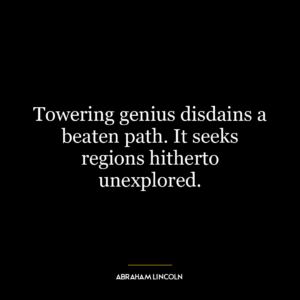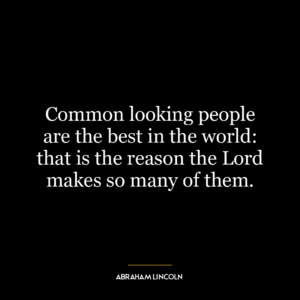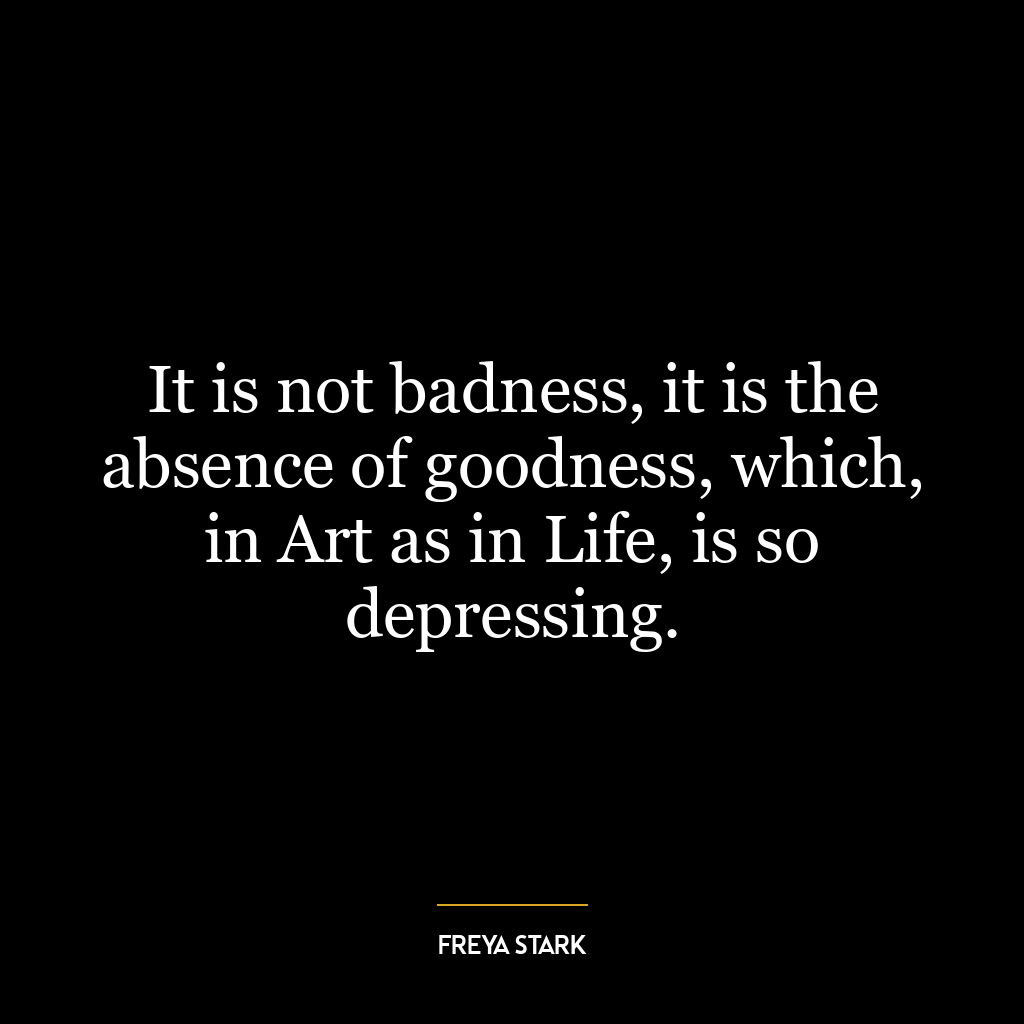When I do good, I feel good. When I do bad, I feel bad. That’s my religion.
This quote is a simple yet profound expression of the principle of moral reciprocity and self-accountability. It suggests that our actions, whether good or bad, have direct consequences on our feelings and overall emotional wellbeing. When we do good, we feel a sense of fulfillment, satisfaction, and peace. Conversely, when we behave poorly or make wrong choices, we often experience guilt, regret, or discomfort. This is the speaker’s personal “religion” or guiding principle in life – a self-regulated moral compass.
The depth of this quote lies in its inherent call for introspection and self-awareness. It encourages us to constantly evaluate our actions and their impact not just on others, but also on our own selves. It implies that we are the ultimate judges of our actions, and our feelings are the immediate feedback mechanism. It underscores the importance of personal integrity and authenticity, as our actions should align with our inner values and beliefs for us to feel good.
In today’s world, this quote is highly relevant. In a society where external validation is often sought after, this quote reminds us that the most important validation comes from within. It calls for a shift from extrinsic to intrinsic motivation. Instead of doing good to receive praise or avoid punishment, we should do good because it aligns with our values and makes us feel good. This can lead to more sustainable and genuine actions, as they are not dependent on external rewards or recognition.
In terms of personal development, this quote can serve as a guiding principle. It encourages self-reflection and authenticity, which are key to personal growth. By paying attention to how our actions make us feel, we can better understand our values, strengths, and areas for improvement. It can also help us make better decisions, as we learn to choose actions that bring positive feelings and avoid those that lead to negative emotions. This can lead to increased self-esteem, emotional intelligence, and overall wellbeing.
Moreover, this idea can help cultivate empathy and compassion, as we realize that our actions can impact others’ feelings just as they impact our own. This can improve our relationships and contribute to a more empathetic and understanding society.















